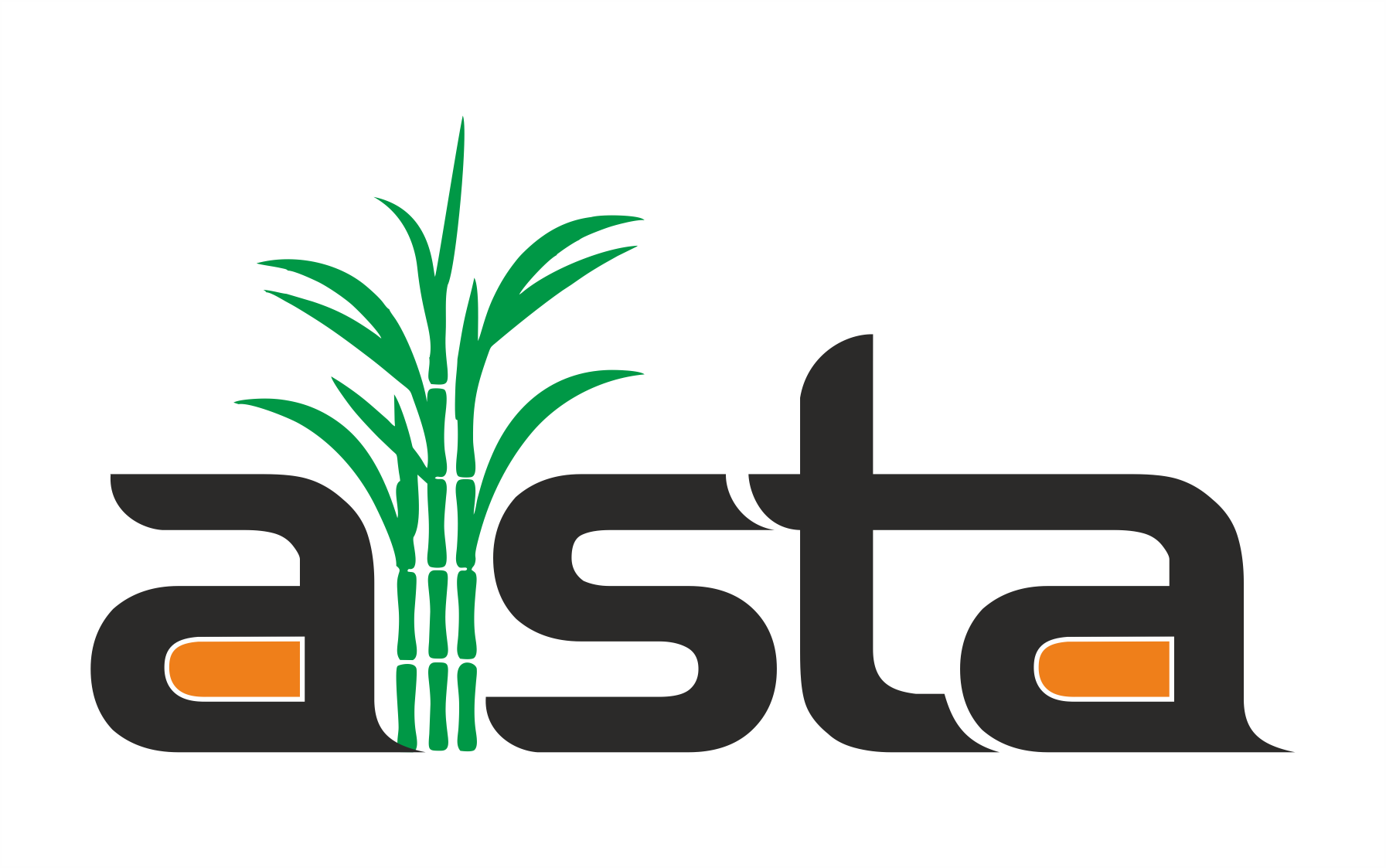Sugar prices fall below Rs 3,000 a quintal despite govt’s bailout measures
Sugar prices have fallen below Rs 3,000 a quintal for the first time in this crushing season due to intensified competition among mills.
Mills in Maharashtra on Tuesday quoted Rs 2,990 a quintal for sale of the S30 variety of sugar to stockists and traders. The realisation for mills for the S30 variety of sugar has slumped by over 15 per cent since the beginning of this crushing season in October. The M30 variety of sugar continued to trade above Rs 3,100 a quintal at the mill gate.
The current prices are Rs 600-700 below the cost of production, which is estimated at Rs 3,600-3,700 a quintal due to an increase in cane cost in Vidarbha and Marathwada, where sugar mills agreed to pay Rs 200 a quintal premium to avoid a farmers’ protest.
Sugar sells for Rs 40-42 a kg in retail markets.
“Sugar prices are consistently going down due to some production =numbers being circulated through social networking sites. A production figure for 2018-19 is being circulated that no one can possibly know today,” said Abinash Verma, director-general of the Indian Sugar Mills Association (ISMA).
The ISMA has estimated the country’s sugar output at 25.1 million tonnes in the October 2017-September 2018 season. The National Federation of Cooperative Sugar Factories (NFCSF) has forecast India’s sugar output at 29-30 million tonnes in the 2018-19 season.
The working capital of mills may be wiped out if they continue to incur a Rs 6-7 loss on every kilogram of sugar produced. The government earlier this season removed the stock limits on sugar in order to bail out mills.
“Despite knowing the sugar output this season is unlikely to be much higher than consumption, many large and medium sized mills have been selling sugar in distress to clear cane dues to farmers. Mills should not be allowed to start crushing if they do not have adequate working capital to pay cane dues to farmers,” said an industry executive.
The ISMA has, in a separate development, written to the Union food ministry to initiate talks with the governments of Sri Lanka and Bangladesh, which import around 3.5 million tonnes of sugar annually. These two Asian countries, however, import their entire sugar requirement on preferential duty from Pakistan and Taiwan.
India is a signatory to the South Asian Free Trade Agreement, but sugar has been kept out of this treaty. Sri Lanka and Bangladesh impose import duties of $90-190 a tonne on sugar, which makes India’s exports uncompetitive.
“Bilateral trade with duty relief from a deficient country does not violate World Trade Organisation norms, although we do not expect opening up of exports before April,” another official said.
Pakistan provides sugar export incentives of Rs 1,100 a quintal for shipments up to 1.5 million tonnes. Indian exporters will remain uncompetitive for exports to any country with such an incentive from the Pakistan government to sugar mills in that country.
Source: business-standard:Published on 2018-01-16

